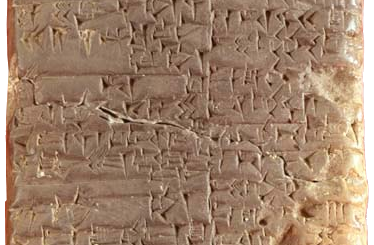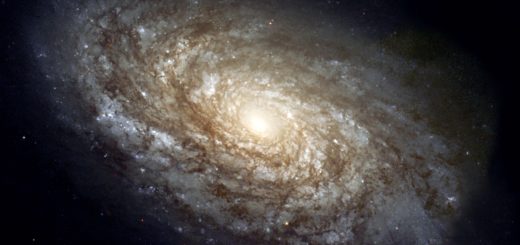Library of Alexandria discovered
(BBC News) Archaeologists have found what they believe to be the site of the Library of Alexandria, often described as the world’s first major seat of learning. A Polish-Egyptian team has excavated parts of the Bruchion region of the Mediterranean city and discovered what look like lecture halls or auditoria.
Two thousand years ago, the library housed works by the greatest thinkers and writers of the ancient world.
Works by Plato and Socrates and many others were later destroyed in a fire.
Oldest University
Announcing their discovery at a conference being held at the University of California, Zahi Hawass, president of Egypt’s Supreme Council of Antiquities, said that the 13 lecture halls uncovered could house as many as 5,000 students in total.
A conspicuous feature of the rooms, he said, was a central elevated podium for the lecturer to stand on.
“It is the first time ever that such a complex of lecture halls has been uncovered on any Greco-Roman site in the whole Mediterranean area,” he added.
“It is perhaps the oldest university in the world.”
Professor Wileke Wendrich, of the University of California, told BBC News Online that the discovery was incredibly impressive.
Alexandria was a major seat of learning in ancient times and regarded by some as the birthplace of western science.
Birthplace of geometry
It was a tiny fishing village on the Nile delta called Rhakotis when Alexander the Great chose it as the site of the new capital of his empire.
It was made Egypt’s capital in 320 BC and soon became the most powerful and influential city in the region.
Its rulers built a massive lighthouse at Pharos, one of the Seven Wonders of the Ancient World, and the famed Library of Alexandria.
It was at the library that Archimedes invented the screw-shaped water pump that is still in use today.
At Alexandria Eratosthenes measured the diameter of the Earth, and Euclid discovered the rules of geometry.
Ptolemy wrote the Almagest at Alexandria. It was the most influential scientific book about the nature of the Universe for 1,500 years.
The library was later destroyed, possibly by Julius Caesar who had it burned as part of his campaign to conquer the city.








